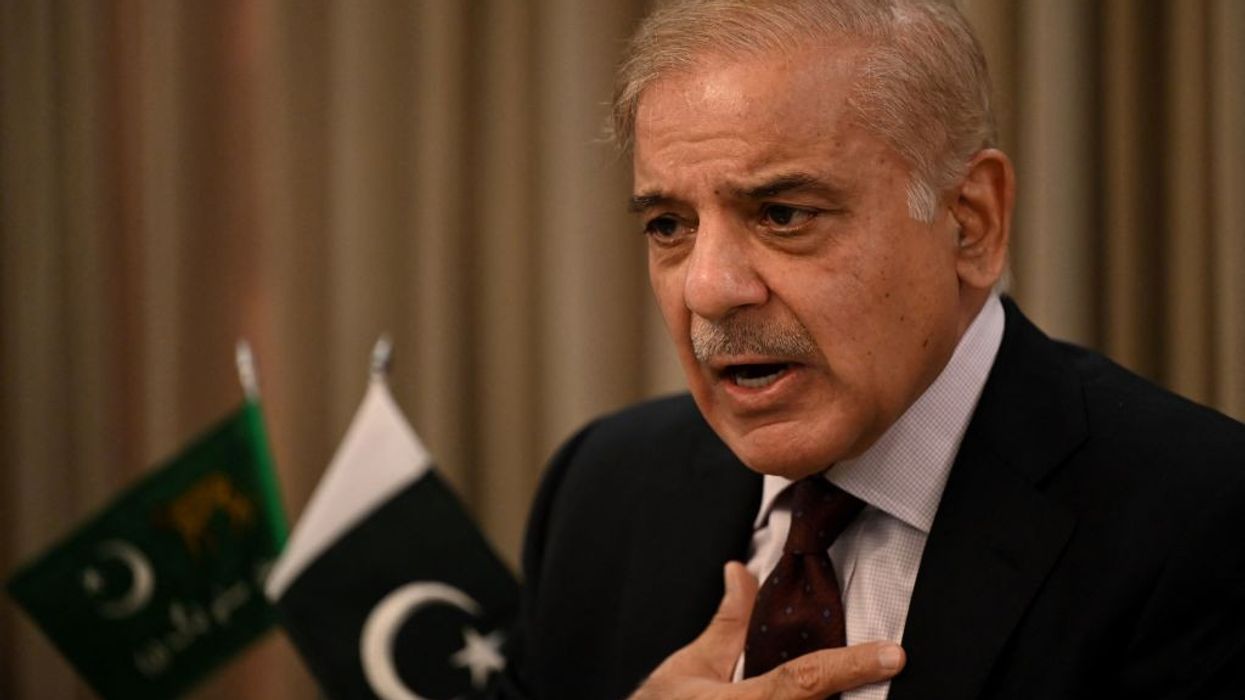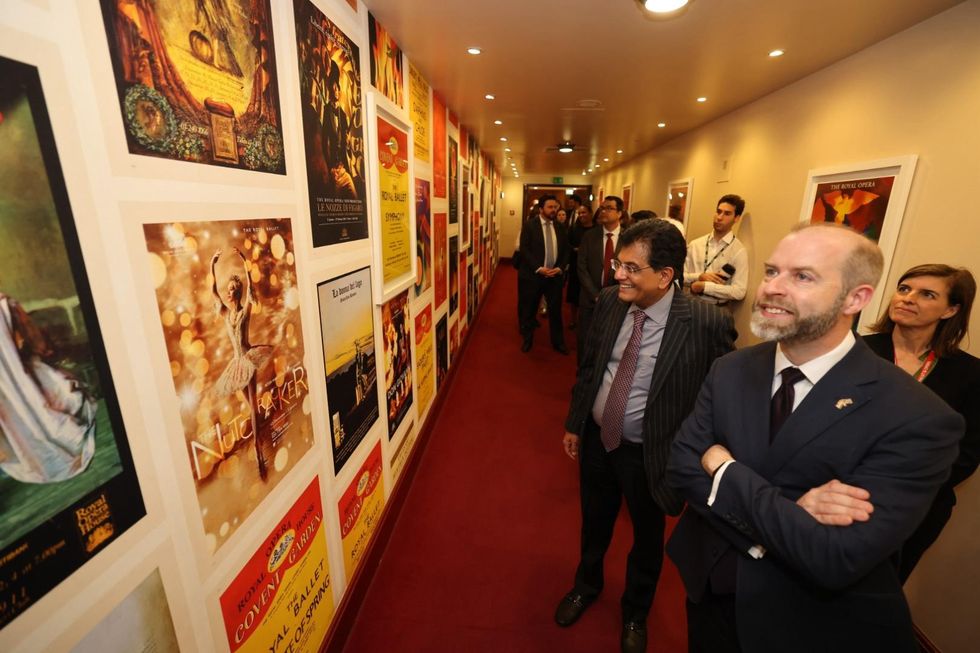PAKISTAN'S new government has decided not to roll back billions in fuel subsidies for the time being despite the strain on public funds, citing the possible backlash if it were to raise fuel prices just days after taking power.
Former premier Imran Khan, who was ousted in a confidence vote earlier this week, announced a cut in petrol and electricity tariffs in February, despite soaring global prices, in a bid to win back popular support.
That measure, estimated at PKR 373 billion (£1.61 bn), has stretched government finances in a way that cannot be sustained, the finance ministry's top civil servant said. It has also endangered an ongoing International Monetary Fund rescue programme.
"I have ... decided not to hike fuel prices in the public interest," Shehbaz Sharif, the new prime minister, said at a dinner in Islamabad on Friday (15) night.
People would curse the new government just three days after it came to office if it took such a step, he said.
Earlier, officials had warned of the fiscal fallout of continuing the subsidies.
"The relief package will add to the fiscal deficit which we cannot afford at the moment," finance secretary Hamed Yaqoob Sheikh said.
"Either it has to be rolled back or compensating reductions in other expenditures would be required to ensure that the primary balance agreed with the IMF is achieved."
The primary budget balance excludes debt repayment obligations.
The fiscal deficit could go as high as 10 per cent of gross domestic product, according to Sharif's top economic adviser Miftah Ismail, widely expected to be named finance minister.
"We have been discussing this before (with the previous government) and are discussing it again with the new government as well," a finance ministry official said, speaking on the condition of anonymity.
The officials are proposing spreading the rollback of the subsidies over two to three months to soften its impact, he said, adding that the decision was now with the new political leadership.
IMF bailout
Pakistan is in the midst of a $6 bn (£4.59 bn) IMF bailout programme and has yet to clear its seventh review, which would release over $900 million (£689.13m) and unlock other funding that depends on the fund's clearance.
The seventh review started in early March, but no agreement had been reached before the collapse of Khan's government.
A reversal of the fuel subsidies will be politically sensitive for a new government trying to shore up popular support at a time when inflation is running at 12.7 per cent.
"Either the new government can raise prices, which will be politically costly, or they could cover the deficit by reducing other non-development expenditure, which will prove politically difficult," said Kaiser Bengali, a Pakistani economist who has previously held several government advisory roles.
The country's Oil and Gas Regulatory Authority (OGRA) advised the government to scrap the subsidies and raise prices effective Saturday (15), according to sources in the regulator. It gave two scenarios: one where the government continued to keep levies and tax at zero, and one where they would be reimposed to increase revenues.
Diesel prices should be hiked by over 35 per cent from PKR 144 (61p) to PKR 195 (84p) per litre, the sources said. This would increase to PKR 264 (£1.15) per litre if levies and tax were re-introduced - an 83.2 per cent rise in price.
Petrol, currently at around PKR 150 (64p), should be raised by 14 per cent to PKR 171 (72p) per litre. The price, if levies and tax are included, would shoot up 57 per cent to PKR 235 (98p) per litre.
The government is not bound to implement this advice, and it was not immediately clear what decision the government would make.
Sharif is yet to announce his cabinet, but Ismail and the spokeswoman for Sharif's party, Marriyum Aurangzeb, did not immediately respond to requests for comment.
(Reuters)
Pakistan not to roll back fuel, power subsidies

















 Piyush Goyal and Jonathan Reynolds tour the Royal Opera House in London
Piyush Goyal and Jonathan Reynolds tour the Royal Opera House in London

